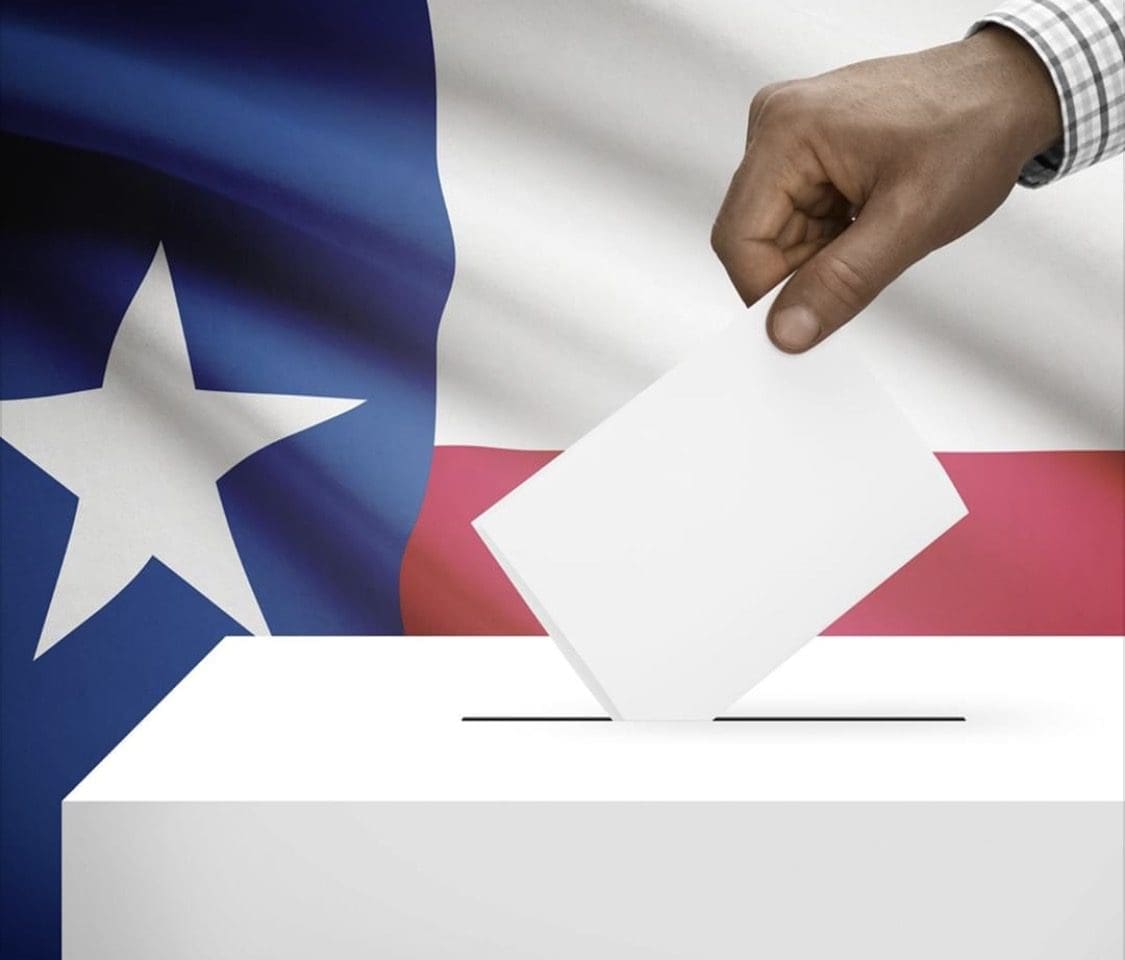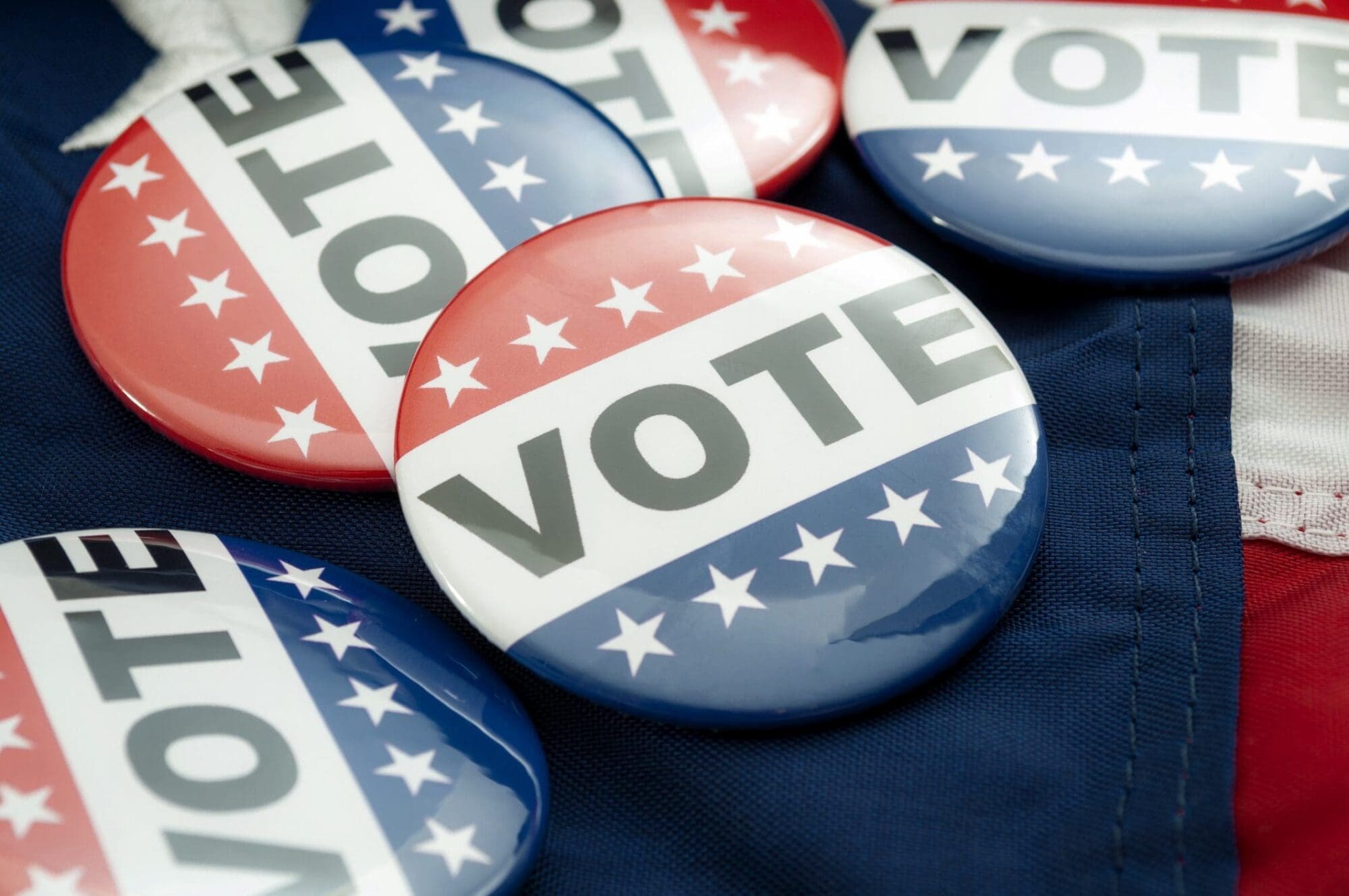An omnibus election integrity bill introduced in the Texas Senate this week takes aim at mail ballot voter fraud, the most common form of vote stealing.
Senate Bill 9, authored by State Sen. Bryan Hughes (R–Mineola), targets holes in voting processes—including voting by mail—that Hughes says bad actors can exploit to alter the outcome of elections, especially at the local level.
Hughes told the Senate State Affairs Committee on Monday his bill addresses weaknesses in the electoral system exposed by a special election security panel he chaired last year. In a hearing last February, state and local officials told Hughes and other lawmakers that mail ballot fraud “is by far the biggest problem that we see across the state” and mail ballots are “the wild West of voter fraud.”
Omar Escobar, district attorney for Starr, Jim Hogg, and Duval counties in South Texas, spoke at last year’s election security hearing and was back in Austin Monday to testify in favor of SB 9.
Escobar told the Senate committee voting by mail has become more prevalent because paid political campaign workers advise voters they can choose to “vote from the convenience of their own homes” by requesting a mail ballot. That arrangement is equally convenient for the campaign workers—known in South Texas as politiqueras—who harvest mail ballot applications with the intent of later “assisting” voters with their ballots, away from the watchful eyes of election officials.
But not all voters are eligible to vote by mail. Under Texas law, voters may cast mail ballots only if they are out of the county during an election, in jail, age 65 or older, or disabled.
Despite the rules, dishonest politiqueras submit fraudulent applications for ineligible voters by simply checking the “disability” box on the forms, usually without the voters’ knowledge. The politiqueras are confident they can get away with the fraud, Escobar said, because election officials can’t ask for verification of a voter’s disability.
Because of this loophole, as many as nine out of 10 voters in Starr County who claimed a disability on their ballot-by-mail applications were not disabled under Texas law, Escobar said.
But he said the mail ballot cheating began to decrease the moment they began to investigate.
Under laws passed last session to crack down on mail ballot fraud—which outlawed submitting applications without voters’ consent, criminalized organized vote harvesting, and strengthened penalties for several offenses—Escobar and other law enforcement agencies began a voter fraud investigation in Starr County in January 2018 that quickly resulted in the arrests of three politiqueras charged with illegally harvesting mail ballot applications. Another woman, who assisted over 200 mail ballot voters in Starr County’s 2018 Democratic primary, was arrested twice in two weeks on multiple voter fraud charges.
Starr County Special Crimes Unit Commander Robert Caples, whose team was on the ground investigating the fraud cases, also testified Monday in favor of SB 9. Caples said they found voters were being misinformed and manipulated by paid campaign workers. “Assisted” voters questioned by SCU investigators confirmed they were not disabled and had no idea politiqueras had marked their mail ballot applications with the disability indication.
“In every single case I saw, none of the voters actually filled out the ballot applications, just signed their names to them,” Caples said. “Every single one of them was illegitimate. One hundred percent.”
Escobar said in the November 2018 general election, Starr County officials noticed a decrease in mail ballot voting but not the overall voting numbers. Their enforcement efforts “didn’t affect voter turnout at all,” he said, but “weeded out a lot of the false applications.”
Yet voting fraud remains a problem in Starr County, he warned, as cheaters change their focus from mail-in voting to assisted voting at the polls. The DA said campaign workers have become more aggressive in approaching voters outside polling places and asking if they need assistance. As a result, about one of every five voters claimed they “needed assistance” at the polls in November, he said. Again, election officials can’t ask for verification of a voter’s need for assistance, which by law is for voters who cannot read or physically make selections on their ballot.
“Assisted voting, like mail-in voting, has been commercialized,” Escobar said. “It’s a business.”
Escobar is not the only prosecutor calling for greater security in voting by mail. Bee County District Attorney and former State Rep. Jose Aliseda goes a step further, saying the process has been so corrupted that the only solution is to abolish mail-in voting.
SB 9 doesn’t impose any new limits on who can vote by mail; it simply seeks to verify mail ballot voters’ eligibility and discourage cheating. It also targets illegal assistance, both with mail ballots and at the polls.
Under the bill, voters claiming disability on their applications to vote by mail would sign a specific statement affirming their eligibility. It would require more documentation from people who assist voters with their ballots and allow watchers observing the ballot verification process to inspect those documents.
Hughes’ bill also adds voter registration protections, authorizing the secretary of state to fully participate in the interstate voter registration crosscheck program.
The bill would extend the window for prosecuting election felonies from two to five years, aid enforcement efforts, and upgrade offenses of unlawfully assisting a voter and providing false information on a registration application to state jail felonies.
Escobar asked Hughes to consider adding an enforcement provision that would allow authorities to proactively prevent fraud before it happens.
SB 9 is awaiting further action by the Senate State Affairs Committee, as are several other election integrity bills filed by Hughes that have yet to be scheduled for hearings.
Texans who are ready to close the loopholes, curb illegal voting practices, and secure their elections against cheating should encourage state lawmakers to act promptly on these bills.





